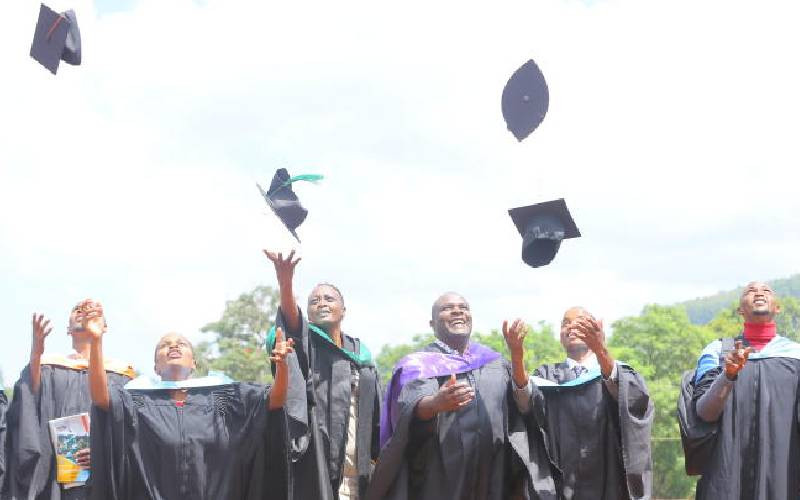×
The Standard e-Paper
Smart Minds Choose Us

The government has come up with a plan to settle more than Sh60 billion owed to public universities with the first step involving phasing out of the current funding model that has been in existence for more than 30 years.
Concerned with the ever-increasing debt, the government is proposing measures that will not only reduce the debt that is choking universities but also make them financially sound.